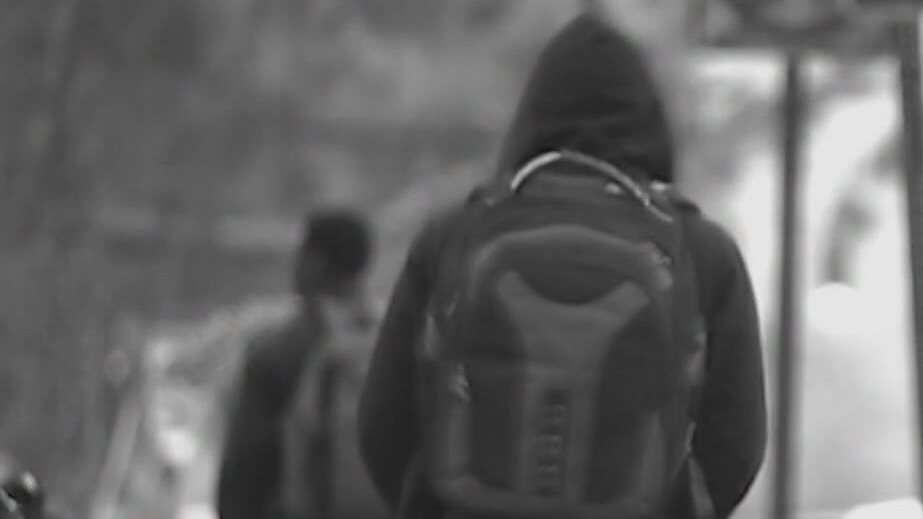Risk factors for youth violence: How should society respond?

Risk factors for youth violence
What is to blame for the rise in violent crime that we've seen among young people? Our FOX in Focus series Breaking the Cycle continues. FOX 26's Sally MacDonald is looking at the risk factors, the barriers and solutions.
HOUSTON - Angel Ponce grew up in the Gulfton area of southwest Houston.
"I felt a sense of belonging there. I did join a gang in this part of town," said Ponce.
Ponce's mom worked two jobs. His father wasn't there. For years, he looked for acceptance on the streets.
"I made some bad decisions growing up. I was easily influenced by my group because I wanted to be just like them," he said.
SUGGESTED: Children at Risk works to break the cycle of teen violence
His heavy drug and alcohol use would eventually affect his girlfriend's future, too.
"One night me and her were exiting a local bar, and on our way home, we lost control of the vehicle. She was ejected and died upon impact," Ponce said.
Ponce fractured his spinal cord and is now bound to a wheelchair. The CDC says prolonged stress at home is one of the many risk factors for youth violence.
"When we see them in the juvenile justice system or jail, oftentimes it's looking at the behavior and punishment. We're missing out on what drove the behavior and what's the root cause," said Jamie Freeny, a behavioral health expert at Mental Health America of Greater Houston.
"We're missing the whole counseling, therapy and all the benefits that come with processing that with a mental health specialist," she said.
SUGGESTED: Pearland School District's "RISE" Program connects mentors with students in need
The CDC says only 20% of children with mental, emotional or behavioral disorders are getting help from a specialized mental health provider. Rice's Kinder Institute has identified mental health support as one of the top needs for Houston ISD students.
"Until we can teach kids other ways, help them cope, they're going to grab what they see. They're going to act in ways they've seen others in their community act," Freeny said.
Some of the barriers to getting help include lack of knowledge, stigma, cost and not enough counselors in schools.
"The recommended ratio for counselors to students is one counselor for 250 students. The average in Texas is one for about 500 students," she said.
SUGGESTED: 17-year-old felon speaks out on teen violence
Angel Ponce found help a different way. He reached out to the City of Houston and started volunteering and giving motivational speeches, eventually even earning his degree.
"Post injury I've done a few hundred presentations. Sometimes I've run into kids who are now adults (who have heard me speak.)"
Today, Ponce serves as Director of the Mayor's Office for People with Disabilities. His advice for parents?
"Parents should really start thinking about not just engaging more with kids but engaging in heavy conversations," he said.
SUGGESTED: More "Breaking the Cycle" stories
Freeny says bring up any concerns with your child's pediatrician first.
"As we're trying to support children, there are three things we can all do. Listen, validate and reassure they're loved," said Freeny.
Mental Health America of Greater Houston has a resource guide for parents and children to find help. Click here for more information.

